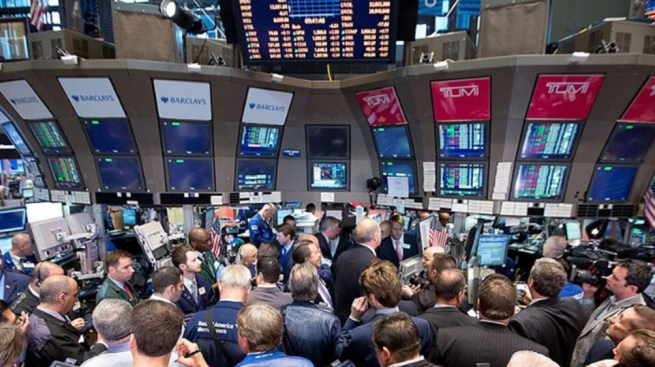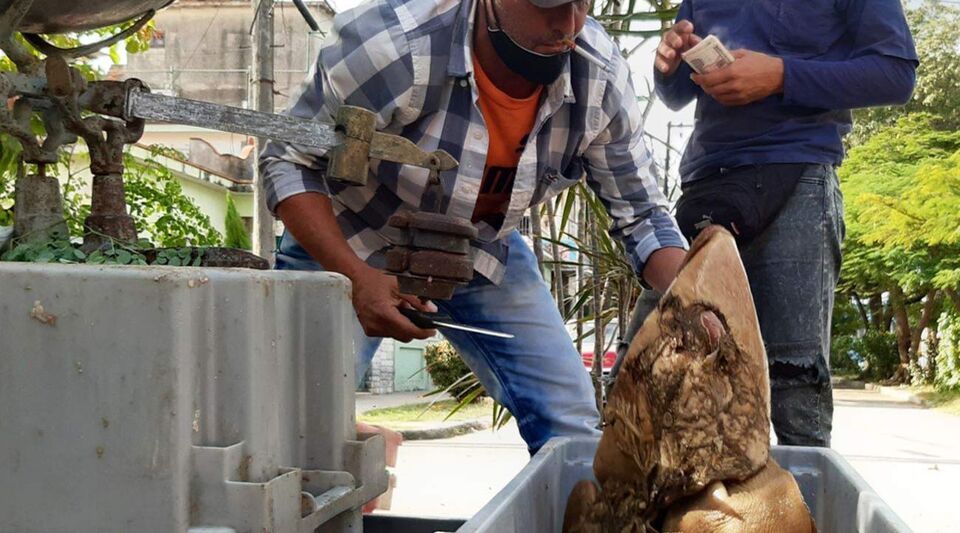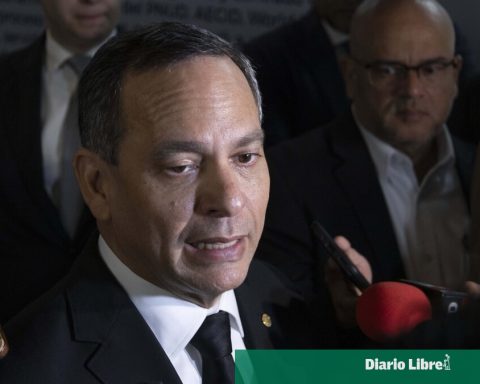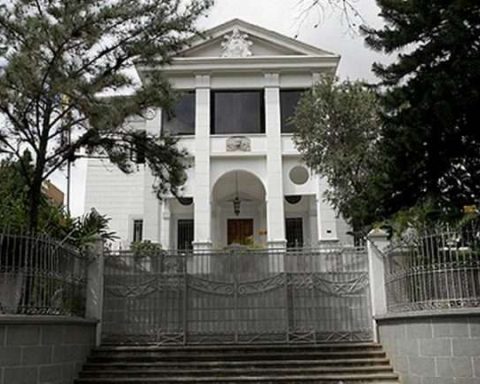The main international markets registered sharp falls after the detection in South Africa of the new variant of coronavirus, called Omicron, due to the fear of operators of its possible impact on world economic activity from possible restrictions.
Wall Street closed the day in the red, with a significant decline in its main benchmark index, the Dow Jones Industrials, which fell 2.53% in its worst decline of the year, motivated by fears of travel restrictions and new confinements.
The European stock markets also registered sharp falls of up to 4.9%, in the same context of fear linked to the new variant of Covid-19; and, in São Paulo, the Ibovespa also registered the impact and fell 3.39% to 102,224 points.
At the end of the session on the New York Stock Exchange, the Dow Jones cut 905.04 points, to 34,899.34 integers; the selective S&P 500 resigned 106.84 units (2.27%), up to 4,594.62 points; and the Nasdaq composite index, which brings together the most important technology companies, lost 353.57 integers (2.23%), to 15,491.66 units.
The three benchmark indices accumulated weekly losses: in the case of the Dow Jones for the third consecutive week, registering a decrease of 2.71% since Monday; in the case of the S&P 500 the fall was 2.34%; and that of the Nasdaq, 3.14%.
The news of a new variant of the coronavirus in South Africa set off a wave of sales on Wall Street, in particular in the shares of cruise companies, which fell more than 10%, and airlines such as United, which fell 13% and eliminated the earnings recorded in the year.
The market therefore rotated towards safe investments, such as 10-year Treasury bonds, which, being more in demand, registered a decrease in their yield of 6.97% in the last five days to 1.485%.
In Europe, the FTSE 100 index of the London Stock Exchange closed down 3.6% (7,044.03 points), also attributed to market fears of the possible arrival of the new variant of coronavirus detected in Africa.
Paris and Frankfurt also closed in the red: The CAC 40 of the Parisian stock market lost 4.8%, to 6,739.73 points, and the Frankfurt Dax index closed at 15,257.69 units (-4.2%); and the Madrid Stock Exchange closed at 8,402.70 points, with a fall of 4.96%.
In the case of the Merval index of the Buenos Aires Stock Exchange, the fall was 5.4%, in line with the main markets in the world, and accumulated a decline of 6.21% in the week; and the ADRs of Argentine companies on Wall Street fell to 9.18%.
In the Buenos Aires square, the losses of the firms that make up the leading panel were led by Central Puerto (-9.41%); Transportadora de Gas del Sur (-9.01%); YPF (-7.82%); Banco Macro (-7.27%); and Transener (-6.32%).
In New York, the papers of Argentine companies ended the session with the majority of results in the red, among which Despegar (-9.18%) stood out; YPF (-6.03%); Transportadora Gas del Sur (-4.84%); Irsa (-3.85%) and Pampa Energía (-3.67%).
For their part, oil prices experienced market volatility today with widespread falls in the main indices and in one day lost the increases accumulated since September.
The price of a barrel of WTI oil fell 11.30% to US $ 69.53 and the price of a barrel Brent fell 10.23% to US $ 73.81.
Thus, both reference contracts on both sides of the Atlantic broke in a session with two months of increases and reached minimums of US $ 68.75 for WTI and US $ 73.03 for Brent.
The markets were affected in today’s session -short in the United States, by Thanksgiving Day- due to the high aversion to risk at a global level due to the new variant of the coronavirus.
Several European countries on Friday ordered the suspension of flights originating in southern Africa, and other countries, such as Japan, decreed quarantines for arrivals from that area of the world.
The market is now awaiting what decision the members of the Organization of Petroleum Exporting Countries (OPEC) and their allies, grouped on the OPEC + platform, will take at the meeting next Thursday to discuss the evolution of their joint supply of black gold at the beginning. of 2022.

















